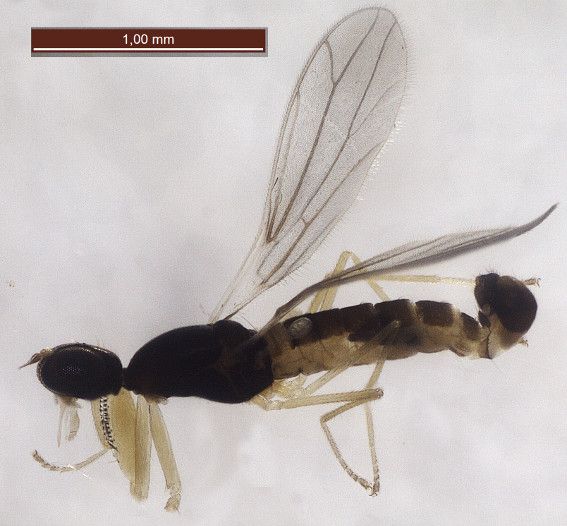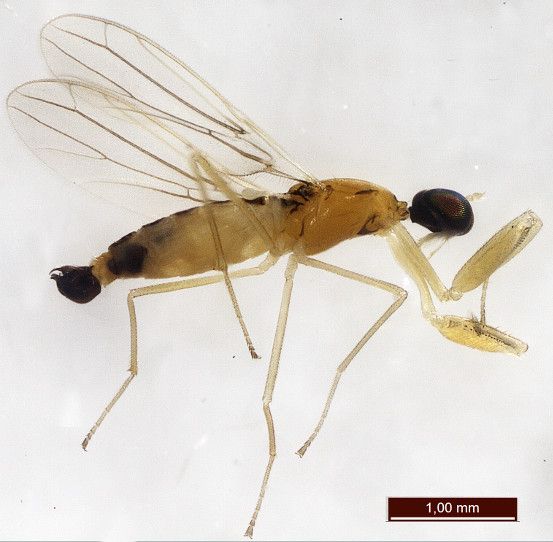Overcoming the Taxonomic Impediment in the Amazon
, 28 May 2014
It is well known that the Amazon rainforests are amongst the most biodiverse places on the planet. However, much of this biodiversity remains completely unknown having never been formally described and with absolutely no knowledge of the ecological and other conditions required for its survival. This profound lack of scientific knowledge arises from what is called the Taxonomic Impediment - there simply are too few taxonomists (people who can identify and describe living things) to get to grips with the magnitude of biodiversity. The Taxonomic Impediment is a world-wide problem as taxonomists themselves have become endangered species and few, if any, countries now devote sufficient resources to biodiversity research. There are many unfortunate knock-ons from this fact; for example designing rational conservation strategies is difficult without knowledge of the animals and plants that live in an area and some knowledge of why. It is only taxonomists who can deliver this knowledge.
In the Brazilian Amazon the situation is improving with a major research institute Instituto Nacional de Pesquisas da Amazônia (INPA) now conducting extensive taxonomic research and training a new generation of taxonomists to lead in future biodiversity studies. One such trainee is Josenir Camara, a PhD student at INPA now spending 6 months as an intern at Amgueddfa Cymru under the tutelage of Dr Adrian Plant (Principal Curator, Entomology). Josenir’s research is describing the diversity of a group of aquatic flies (Hemerodromiinae). She has already discovered more than 50 new species, and using sophisticated cladistic techniques to understand more of their evolutionary relationships with related forms elsewhere in the world. The Museum’s extensive collections and taxonomic skills will be an invaluable aid to develop her research and the expertise and experience she develops will be lasting benefits she will take home to Brazil. A small but positive contribution to removing the Taxonomic Impediment in her own country.


Comments - (1)